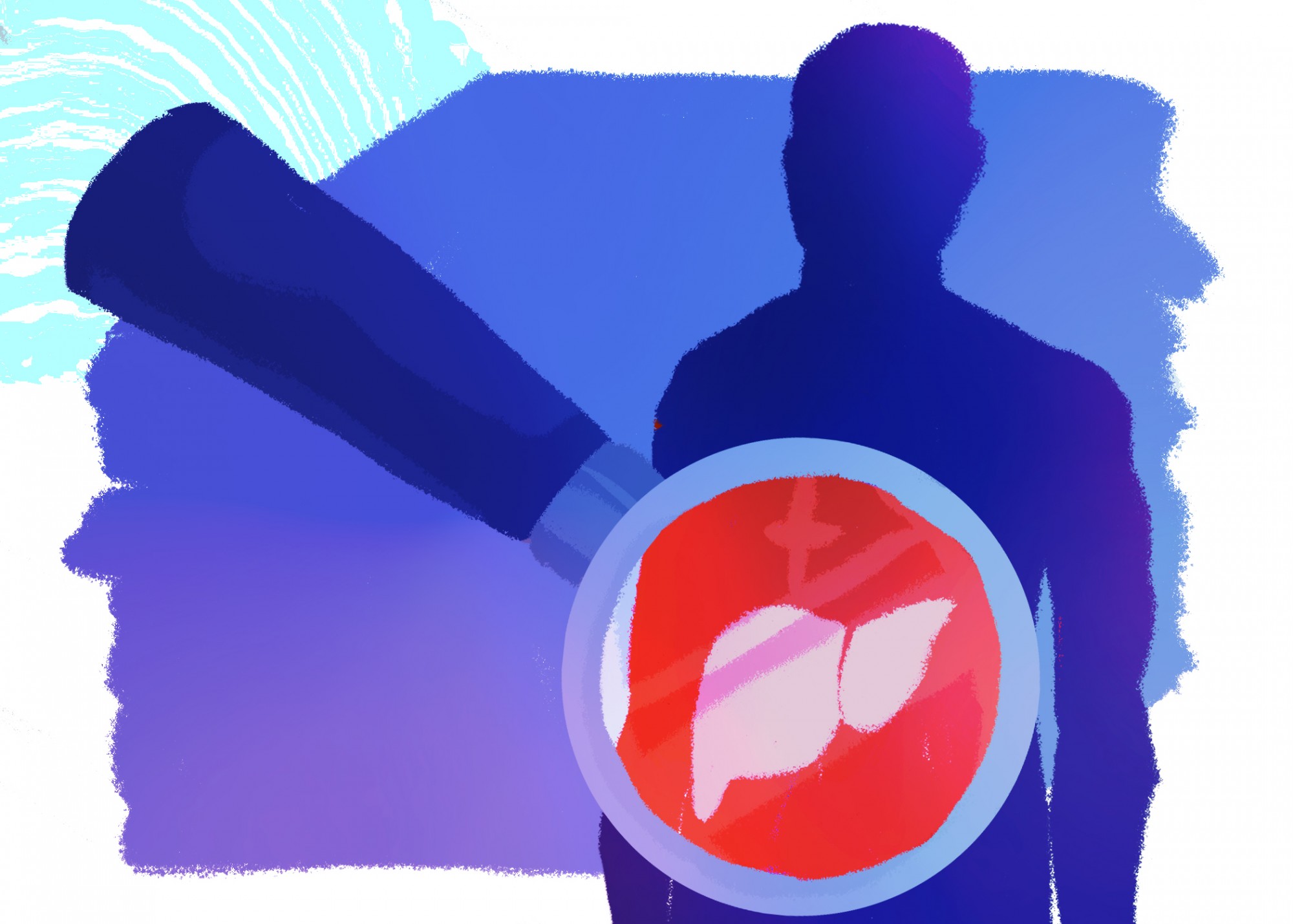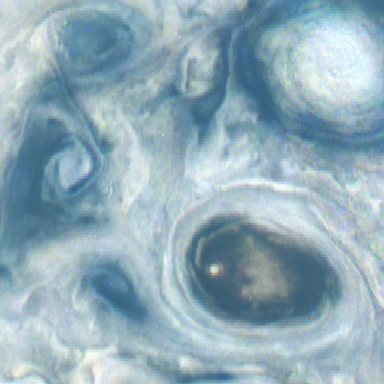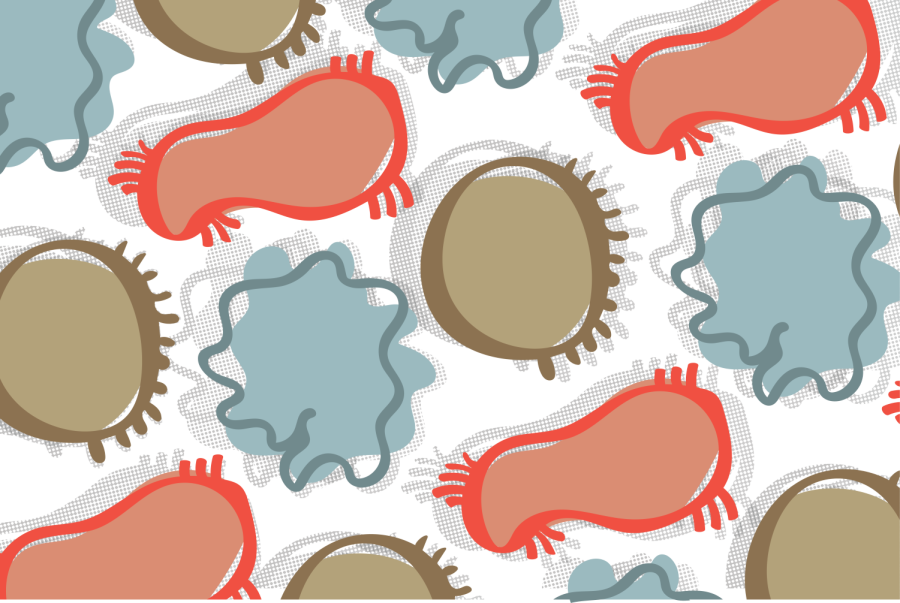University of Minnesota researchers are bringing attention to an underrecognized liver disease.
The researchers published a review last month about the liver disease, called nonalcoholic steatohepatitis (NASH). NASH is initially symptomless and difficult to identify and is commonly found in patients with metabolic disorders like diabetes, obesity and high cholesterol. Researchers said weight loss surgery may be a good treatment for the disorder.
“This is something that will affect a lot of people and is going to continue to be a major healthcare burden, so there are more people who are going to have NASH in the future than there currently are. It’s not going down, it’s going up,” said Adam Sheka, review co-author and University medical resident.
NASH is a type of nonalcoholic fatty liver disease that is estimated to affect 3% to 6% of Americans. While the disease is often symptomless initially, if untreated, it can progress to liver cancer or require a liver transplant.
“We’re a lot better at treating high blood pressure and diabetes because we have medication for it,” he said.
While medications for NASH are in development, there are no Food and Drug Administration approved drugs yet. Researchers said the most effective treatments are changes to the patient’s lifestyle.
“What we recommend, which is very generic, but working on the diet, exercise and specifically weight loss,” said Bilal Hameed, review co-author and University of California-San Francisco associate professor of medicine. “In all of the studies, the lifestyle modification and the weight loss is the key in this situation — even if there are medications in the future.”
Recent research published alongside this review suggested weight loss surgery could improve nonalcoholic fatty liver diseases like NASH. The surgery decreases the risk of the disease progressing to cirrhosis, or liver scarring.
“I think a lot of patients know about high blood pressure and diabetes,” said Julie Thompson, review co-author and University associate professor of medicine. “They’re not necessarily thinking about liver diseases.”
Many people with NASH may feel normal and not assume anything is wrong, she said. The earlier a patient can be diagnosed, the better the patient will be in the long run.
“NASH increases the risk of cardiovascular disease and complications,” said Peter Crawford, review co-author and University professor of medicine. “In fact, the most common cause of death of people with NASH is cardiac disease.”
All of these factors are why it is important for patients to be aware of NASH, he said.
“Not everyone should get a liver biopsy because it’s an invasive procedure,” Crawford said. “Really, it’s a matter of a patient and healthcare provider developing a partnership.”
NASH also has a potential relationship with COVID-19, he said. Many who are at increased risk for coronavirus are those with hypertension and obesity, which are both commonly associated with NASH.
“Studying the interface between NASH and COVID-19 will be something that emerges in the relatively near future,” Crawford said.



















